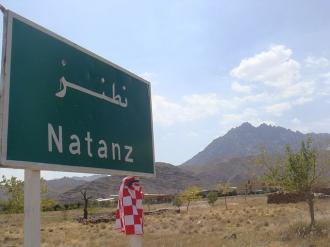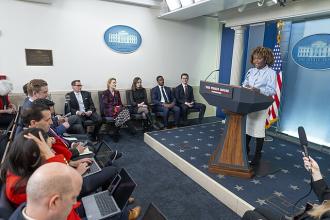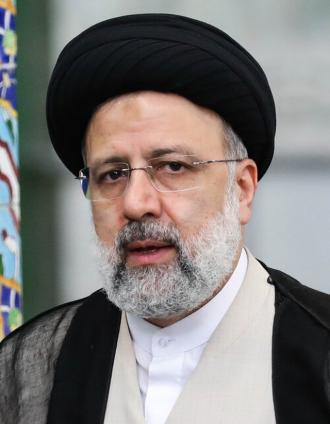Hezbollah withdrew its forces from around a dozen positions near the Israeli border on the Syrian side of the Golan Heights this week, according to a number of media reports circulating over the past two days.
If true, such a development would benefit Israel, a Hezbollah expert told The Algemeiner on Friday.
However, the reports, which cite sources within the opposition to the Assad regime, “should be treated with a healthy dose of skepticism,” David Daoud — an Arabic-language research analyst at the Foundation for Defense of Democracies think tank in Washington, DC — said, adding that the reasons for and scope of the supposed pullout from the Quneitra area were unclear.
“In this particular instance, I’d lend more credence to a regime or Hezbollah report on this evacuation, since they’d be admitting a ‘net loss’ to themselves,” he noted.
“It appears,” Daoud stated, “that Hezbollah has not cleared out entirely from Quneitra.” But the Lebanon-based Shiite terrorist group has apparently moved “300 fighters from 10-14 positions in the area,” he continued.
“The convoys reportedly headed towards Damascus, and some crossed back into Lebanon,” Daoud said. “Hezbollah likely moved its forces to Damascus to shore up pro-regime forces fighting rebels in the Syrian capital’s environs, or further north to Hama — reached via the same road to Damascus — where the regime has been trying to make gains. Despite the organization’s rhetoric, Quneitra holds really little strategic value for Hezbollah, unlike Damascus or Hama, so they probably saw it as worthwhile to take forces away from the Golan to shore up those more important areas.”
“One of Israel’s ‘red lines’ in Syria,” Daoud explained, “was Hezbollah establishing a presence on the Golan Heights, particularly since Hezbollah has threatened — and Israel believes — the organization intends to use the area as a second front against the Jewish state in a future war. So, any reduction of Hezbollah forces in the area should be viewed as a positive for Israel.”
“However,” he went on to say, “it must be noted that the pro-regime/Hezbollah presence in the area was minimal (most of the Golan border area is controlled by rebel forces), and the strategic value of the area for Hezbollah vis-à-vis Israel isn’t enough to significantly threaten the IDF.”
Furthermore, Daoud emphasized strongly, this week’s reported redeployment of fighters “must not be interpreted as the beginning of Hezbollah’s withdrawal from Syria in response to US demands or recent airstrikes.”
At a press briefing on Tuesday, US State Department spokesman Mark Toner said, “Hezbollah’s forces have helped enable the Syrian regime to perpetuate its brutality against its own people and also to incite instability in Lebanon. We call on Hezbollah to immediately withdraw from Syria.”















